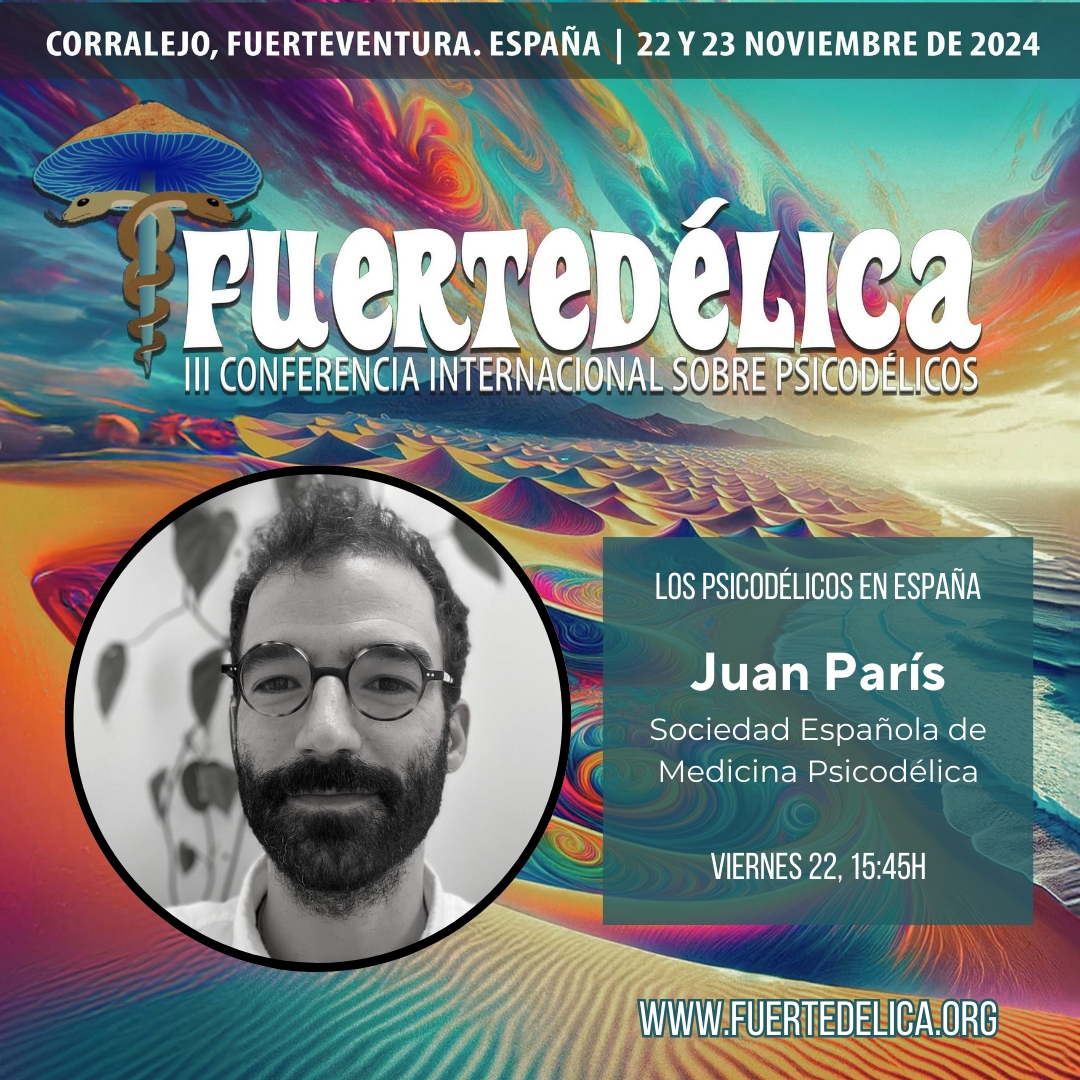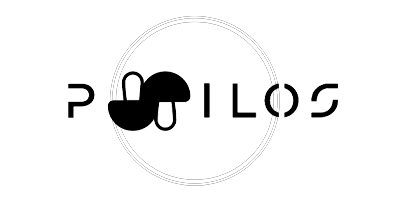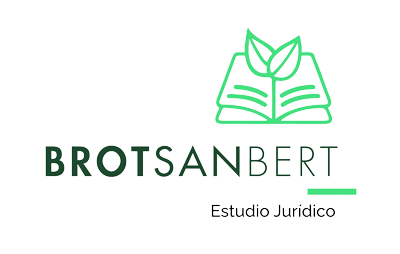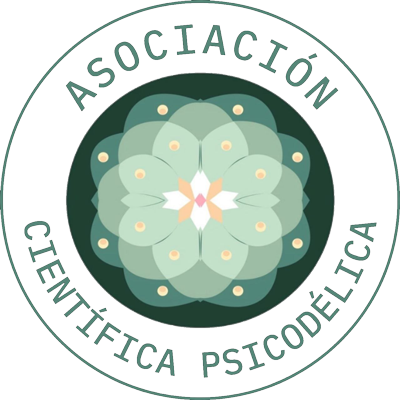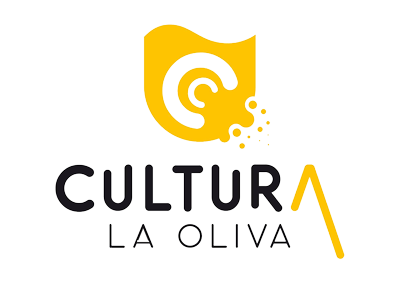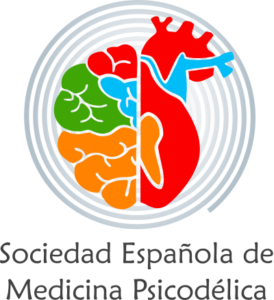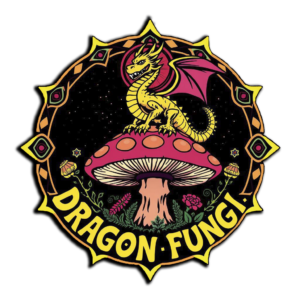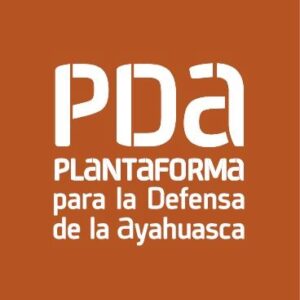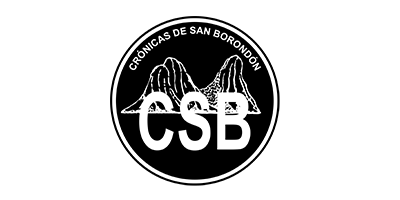We analyze the present & future of psychedelic medicine with psychiatrist Juan París
Juan París, psychiatrist and psychedelic researcher, attends Fuertedélica as a representative of the Spanish Society of Psychedelic Medicine (SEMPSI), one of the most active forums in the effort to integrate psychedelic substances into the Spanish healthcare system.
París is one of the participants in the round table discussion ‘Psychedelics in Spain,’ which will open this edition of Fuertedélica. Do you still not have your ticket?
Tabla de Contenido
ToggleWhat is your connection with psychedelics within the psychiatric profession?
I am a psychiatrist, and I combine my clinical work in both public and private settings with research. My primary focus is supporting migrant people in Barcelona, many of whom are survivors of violence. Additionally, I collaborate with the team at the Parc Sanitari de Sant Joan de Déu, where we are conducting clinical trials with psilocybin and 5-MeO-DMT. In these studies, I provide psychological support to participants and evaluate the outcomes.
How did SEMPSI come to be?
The Spanish Society of Psychedelic Medicine (SEMPSI) was founded with the idea of bringing together professionals who share an interest in integrating psychedelics into clinical and therapeutic environments. We aim to create networks and academic spaces where we can share knowledge and review our practices, not only to improve their technical effectiveness but also in terms of ethics and human quality.
What is the greatest contribution of psychedelics to current psychiatry?
Psychedelics enable profound changes in an individual’s subjectivity, both internally and in relationships. I believe they are helping to shape a more holistic paradigm, where the pharmacological integrates with the subjective, relational, and ecological. Although these ideas are not new in psychiatry, they have not been part of the dominant discourse. The rise of psychedelics provides us with the opportunity to propose a more comprehensive vision that transcends the notion of “a medicine that cures.”
Do you think these therapies will be available to the general public in the short term?
Yes, I do, although the timeline for this to happen will differ from what many expect. The system moves at a glacial pace. We’ve seen in some countries that rapid advances in the incorporation of psychedelics have caused problems when the proper structures weren’t in place to support them. It’s not enough to prove that the molecules are beneficial; we also need academic and economic infrastructures to train professionals and fund these therapies.
What can you tell us about the therapeutic properties of 5-MeO-DMT?
It is currently being investigated for use in treatment-resistant depression. One of the advantages of 5-MeO-DMT is its short duration, which makes it more cost-effective for inclusion in public systems, as sessions with other molecules like psilocybin or LSD are longer and require more resources. However, its brief duration can also be a drawback, as it leaves little room for processing the experience.
How does this molecule act in the brain of a person with depression?
Although we do not yet have sufficient clinical data on its effectiveness, the hypothesis is that 5-MeO-DMT may produce a psychological “reset” that makes the narratives and identities tied to depressive experiences more flexible. There is also research into its capacity to promote neuroplasticity, which could open the door to new learning and ways of breaking free from depressive thought patterns.
How do you see the integration of traditional knowledge, such as shamanism, in this psychedelic renaissance?
At SEMPSI, we advocate for an open and respectful approach to traditional knowledge, honoring the lineages that have kept this knowledge alive. We don’t believe we’re starting something new but rather continuing what already exists. From our field, we aim to contribute to ensuring that these medicines can be used in clinical settings, like the Spanish healthcare system. Some ancestral practices are already being incorporated into clinical research. We believe that not everyone needs to experience these medicines in clinical contexts, but we do see their relevance in treating conditions such as depression or post-traumatic stress disorder. We are concerned about the proper implementation of these therapies and want to contribute from our experience to ensure they are used ethically and safely.
